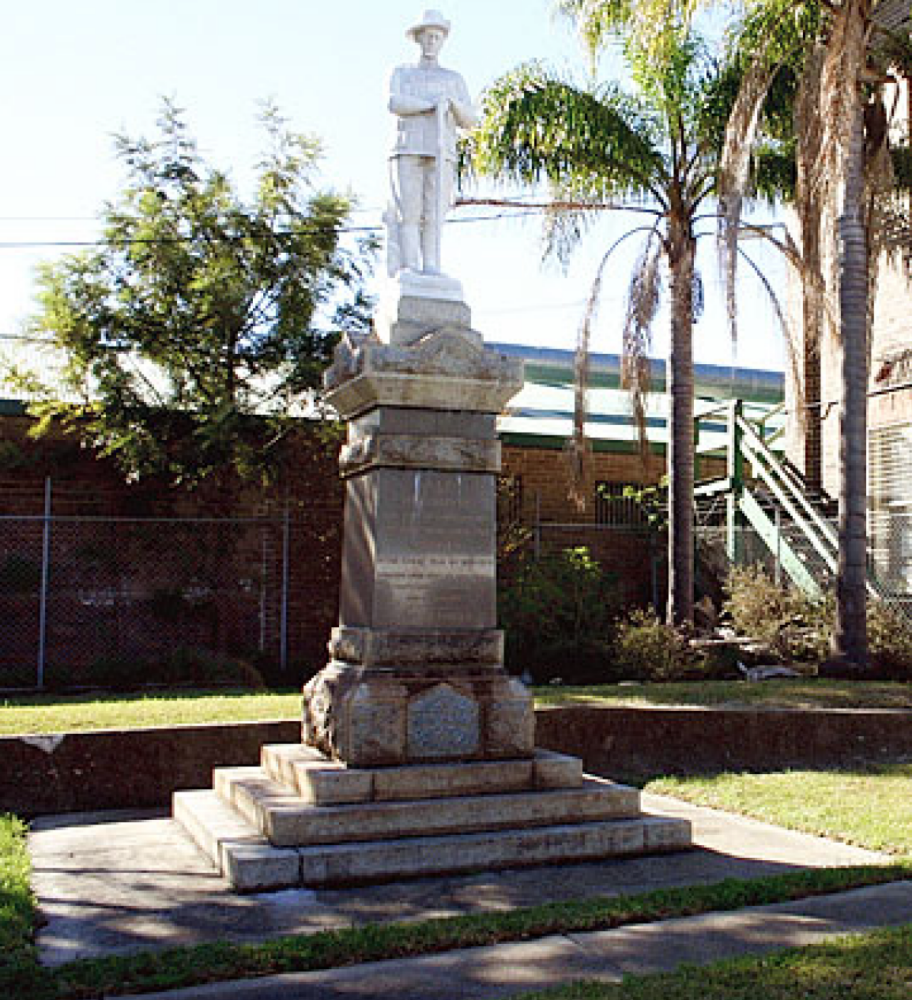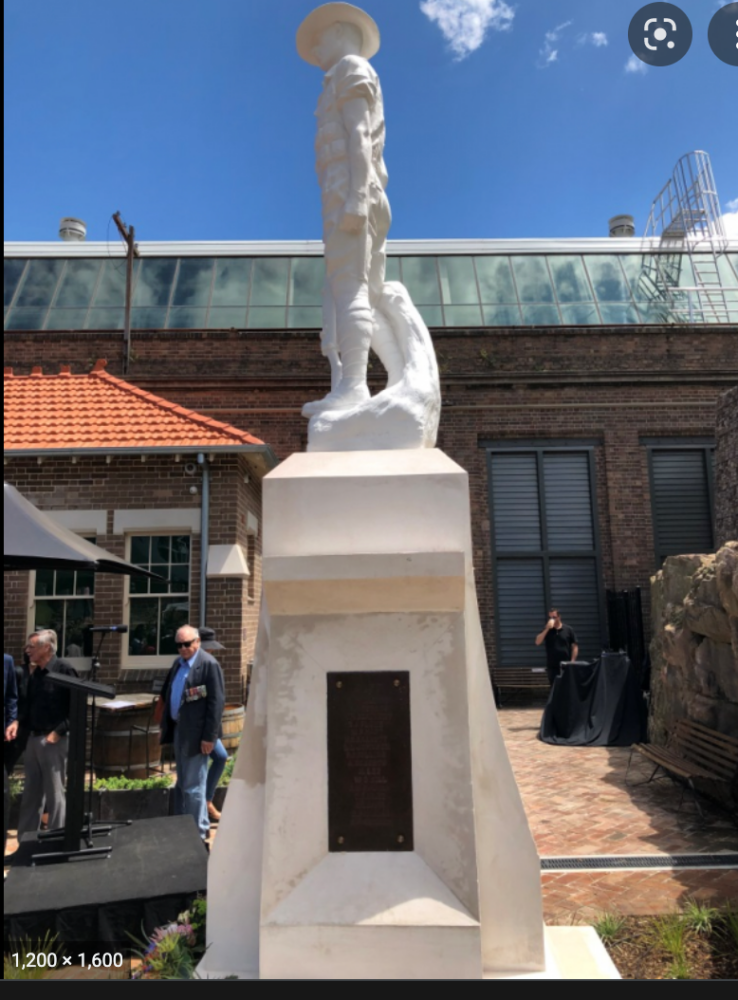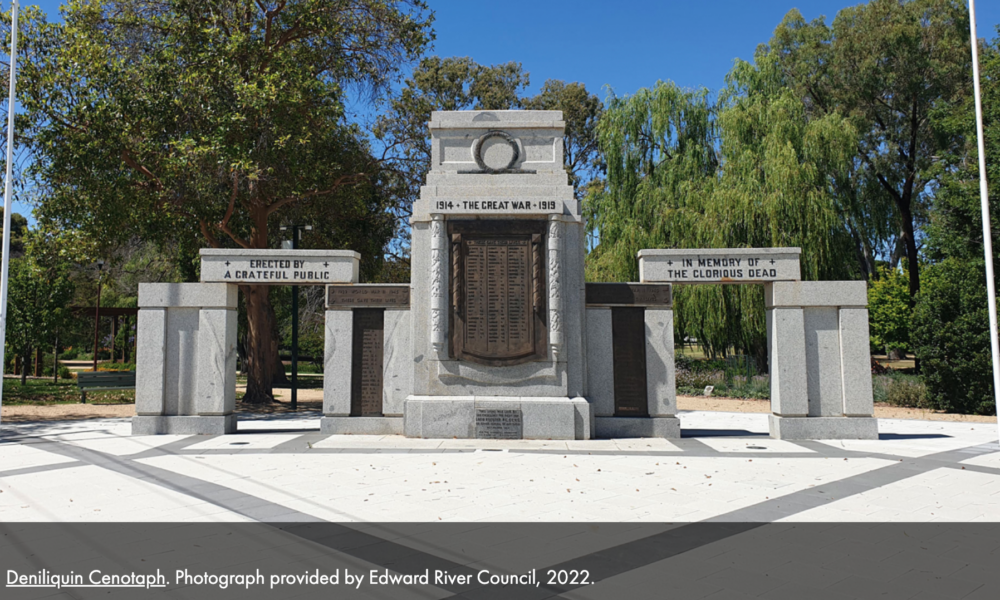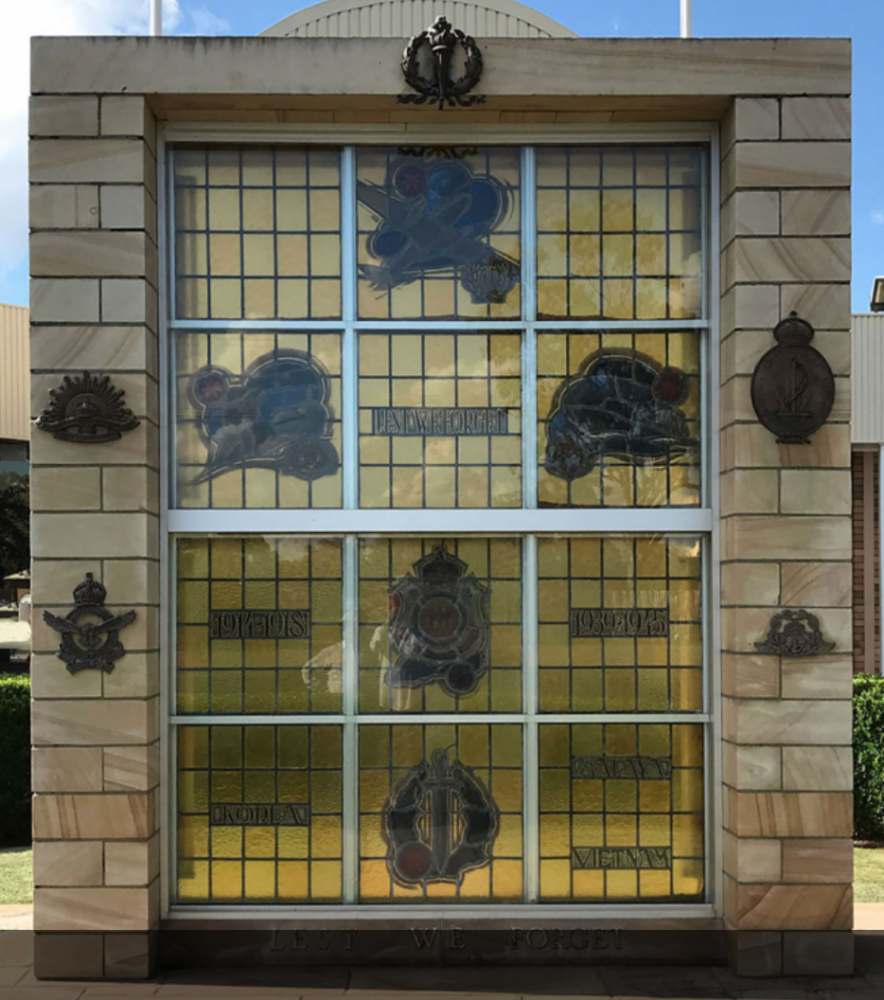
It’s Anzac Day and today, like all Australians, I woke to the sound of a march somewhere. We hear the bugle call of the Last Post early at my place, as it wafts up from a local park and then the sonic boom of the flypast plays with our ears as it sweeps over our house a little later.
Sometimes we’ve got up early to attend a Dawn Service, which is extremely moving. But you can play the ceremonies on the internet with full musical accompaniment these days. So I can get caught up in the sentiment of it, so much more easily now, even under the comfort of my doona.
On Anzac Day, Australians and New Zealanders remember all our nationals who’ve died in any war or conflict. But it’s celebrated on April 25, because that’s the day during World War One, in 1915, that the Allied forces landed at Gallipoli, on the Turkish Peninsula.

So many countrymen from so many places own the horror of the ill-fated Gallipoli campaign, with its pathos and futility.
Any reading of the history of that landing and what followed is gloomy. It’s a record of epic failures: of disastrous miss-timings, underestimations, miscalculations and hubris at the elite planning levels. Well over half a million people were killed in just 37 weeks, as journalist and author Geoffrey Moorhouse explains.
But Australia and New Zealand felt it hard because we were such young nations. We gave so many young men, and such youthful vigour to the cause.
In that war, from a nation of only five million, more than 60,000 Australians lost their lives and 156,000 were wounded, gassed or taken prisoner. Our casualty rate of almost 65 percent, was one of the highest rates amongst the British Empire forces.
Today, WW1 historians struggle with the romanticism of Anzac Day, pointing out that the diggers who fought and died in Gallipoli earn our respect not because they had magical powers but simply because they were there, enduring mud, lice, and dysentery as well as the threat of being shot at.
But the clue as to why Gallipoli is often seen as our nation’s most unifying moment is that in the short time from then until WW1 ended, there wasn’t an Australian community who hadn’t lost lives to the war. This means every suburb in every city, every country town, every place with a church and a pub in Australia has built its war memorial.

And at Gallipoli, as The Australian War Memorial points out: “The most successful operation of the campaign was the evacuation of the troops on 19–20 December (2015) under cover of a comprehensive deception operation.”
So it’s our Houdini like escape we celebrate, not a victory, say, like that of our American friends who on July 4 celebrate winning a Revolutionary War that gave them independence.
People all over the world and since the beginning of time have memorialised their dead. A simple shrine is built by the grieving and then becomes more fixed. Monuments are built and the pain softens because people can plant their feet and touch a stone that will be there long after even they and their grief have gone. They can organise their mourning and feel comforted that others too will remember.

Anzac Day has escalated in the public imagination, more rapidly since the death of the last Anzac Day combatant, Alec Campbell, in 2002. This happens.
My next door neighbour Ted’s grandfather was a famous legend of WW1.
“I know he wouldn’t like the ceremonies of today,” Ted explains, adding he avoids Anzac Day ceremonies out of respect.
I remember as a child in the late 1960s helping my older university cousins paint their ‘Make Love, Not War’ slogans. Then, no self-respecting hippie or university student would even consider going to an Anzac Day march.
A lot changes in a lifetime. Yes, Anzac Day does glorify war, unfortunately. I wish it didn’t. But I am drawn to it because I know it started with ordinary people trying to come to terms with the waste of life.
So I’m careful with my language. Now, I’m careful to say it’s a day I commemorate but not celebrate.
To read more:
A Nation of Memorials, by Claire Hunter, Australian War Memorial.
Gallipoli, The Australian War Memorial.
https://www.awm.gov.au/articles/encyclopedia/gallipoli
Beyond Anzac, What really shaped our nation? by Professor Marilyn Lake, Melbourne University.
https://pursuit.unimelb.edu.au/articles/beyond-anzac-what-really-shaped-our-nation
Hell’s Foundations: A Town, It’s Myths and Gallipoli, by Geoffrey Moorhouse.
